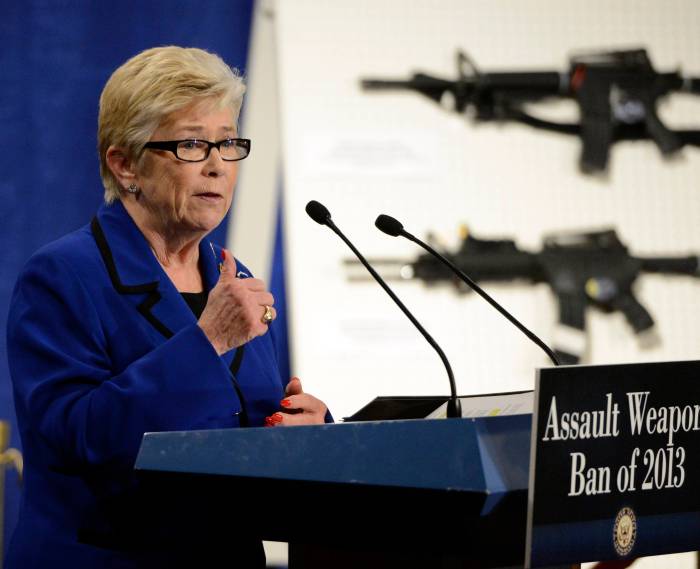Transportation expenses raise
questions at review session
On Tuesday, Feb. 26 the Garden City Board of Education held its second meeting in the budget review process. This particular presentation focused on the non-instructional components for 2013-14. The proposed overall budget is $107,930,252 that is part of the budget-to-budget increase of 3.56 percent; which results in a projected tax levy increase (with STAR) of 3.86 percent against a maximum allowable tax levy of 3.91 percent.
There are three key drivers primarily responsible for increasing the size of the budget. The first are pension cost hikes that increased from 12.3 percent to 16.5 percent for teachers and administrators and 18.9 percent to 20.9 percent for all other employees. Then there is debt service—payments for bonds approved by the community in 1998, 2005 and 2009. The good news here is that debt service is slated to decline beginning in 2015. Most onerous is the tax certioraris, which found Nassau County shifting responsibility for paying in errors in the county’s assessments to schools districts. Along with covering the cost of these incorrect assessments, there are other expenditures involved as well. Coupled with pension cost hikes, the other state-mandated cost, it adds up to large amount for the district to cover according to Dr. Robert Feirsen, the evening’s first presenter and the school district superintendent.
“In addition to the fees from the tax certioraris are the actual awards to various entities who are over-assessed. There are going to be legal feels associated with this because we have to be represented at the table, when those negotiations take place or when it goes to court. So this is a significant expenditure facing the school district,” he explained adding. “Pension and tax certiorari alone would create a 3.76 percent tax increase. Remember, out tax levy limit is 3.91 percent.” (At the time of the meeting, the ruling from the state appeals court decision rejecting Nassau County’s attempt to shift these property tax refunds to school districts had not yet been rendered.)
The other flashpoint that begged questions from both the board of education and residents was the proposed $4,339,724 slated for transportation costs that include salaries, private contract costs, supplies and materials. This number caught the attention of Board of Education vice president Barbara Trapasso who despite declaring support for the bus drivers and for the district owning its own transportation system raised the question of possibly farming out the work. This issue, which has come during budget work sessions in prior years was addressed by both the superintendent and Albert Chase, the assistant superintendent for business and finance.
“[Owning our own bus fleet] is something that makes our community unique in a lot of ways. A lot of districts don’t own their transportation and a lot of people don’t know the drivers. A lot of our drivers sort of become like family,” Dr. Feirsen noted. “I also recall an incident from a few years ago that required us to evacuate the building. Where do those kids go? You can’t keep them on site. We were able to get our buses here in minutes. The other thing to keep in mind is that field of private transportation operators has shrunk dramatically over the course of the years. It’s like the competition with the airlines—fewer airlines means you don’t get the price breaks. The same thing is happening in private transportation.”
“Our proposed budget for next year is $4.3 million. Seven and a quarter of that is for contractual services that will continue and would be there either way,” Chase explained. “If we deducted that off the top, we’re looking at $3.5 million. I know just as a rough number, it’s at least $60,000 to contract for a bus just for four hours of service, meaning morning and back again in the evening. So $60,000 at a minimum and I believe we have 52 routes, that would be $3 million right there. The other service the staff provides as well is doing lunch monitor duty and various other tasks during the time they’re not driving the bus. So that would have to be taken up by somebody else. There may be more expense in terms of owning our own [bus fleet], but it’s not a tremendous number and that doesn’t include that if we went to a contracted situation, we’d have to contract every time we had an athletic or field trip.”
The decision was also voted on to use the subsequent budget work session on March 5 to discuss what monetary reserves the board of education has in the interest of providing transparency to the public. This would end up pushing a review of the instructional components of the budget to Tuesday, March 19 and Wednesday, April 10.
The next budget work session will be held on Tuesday, March 19.


































